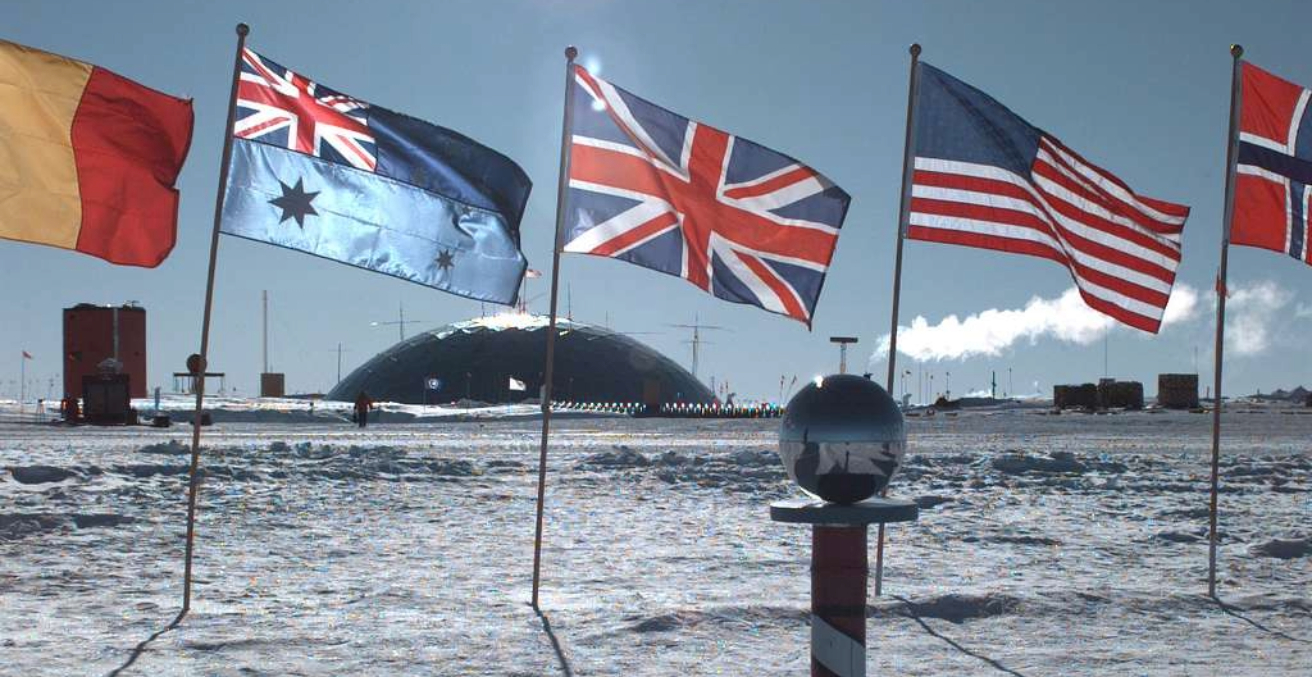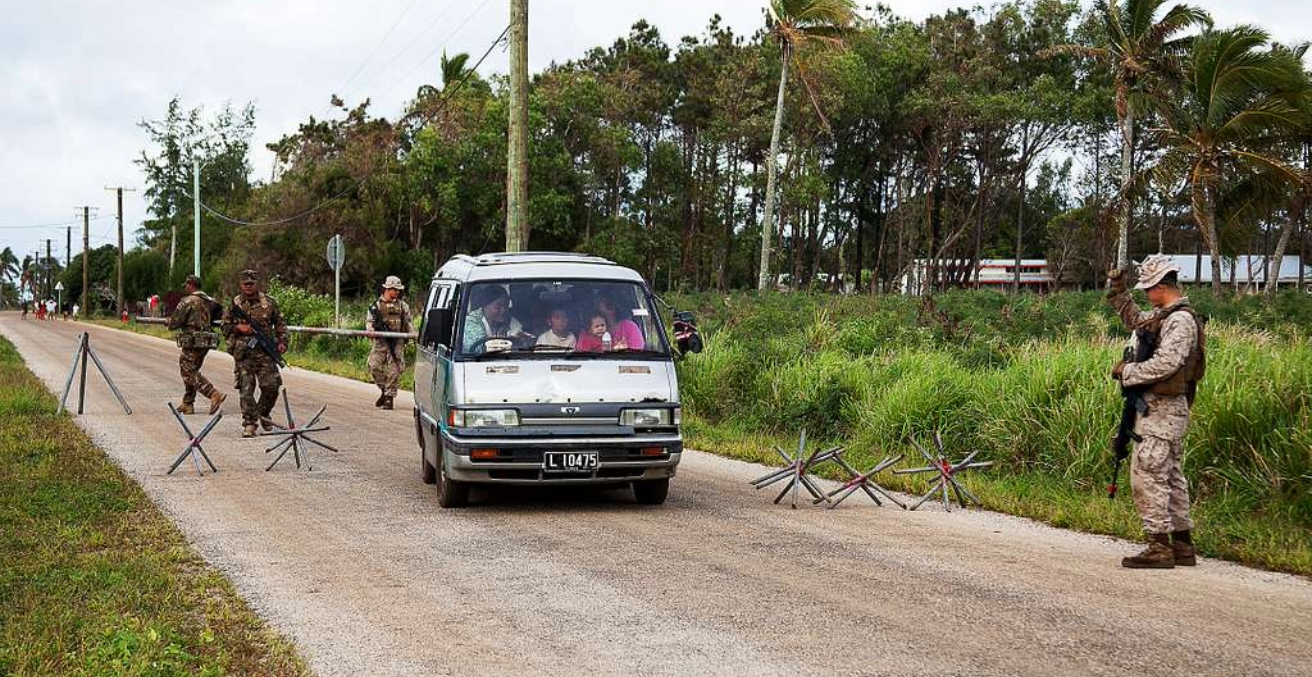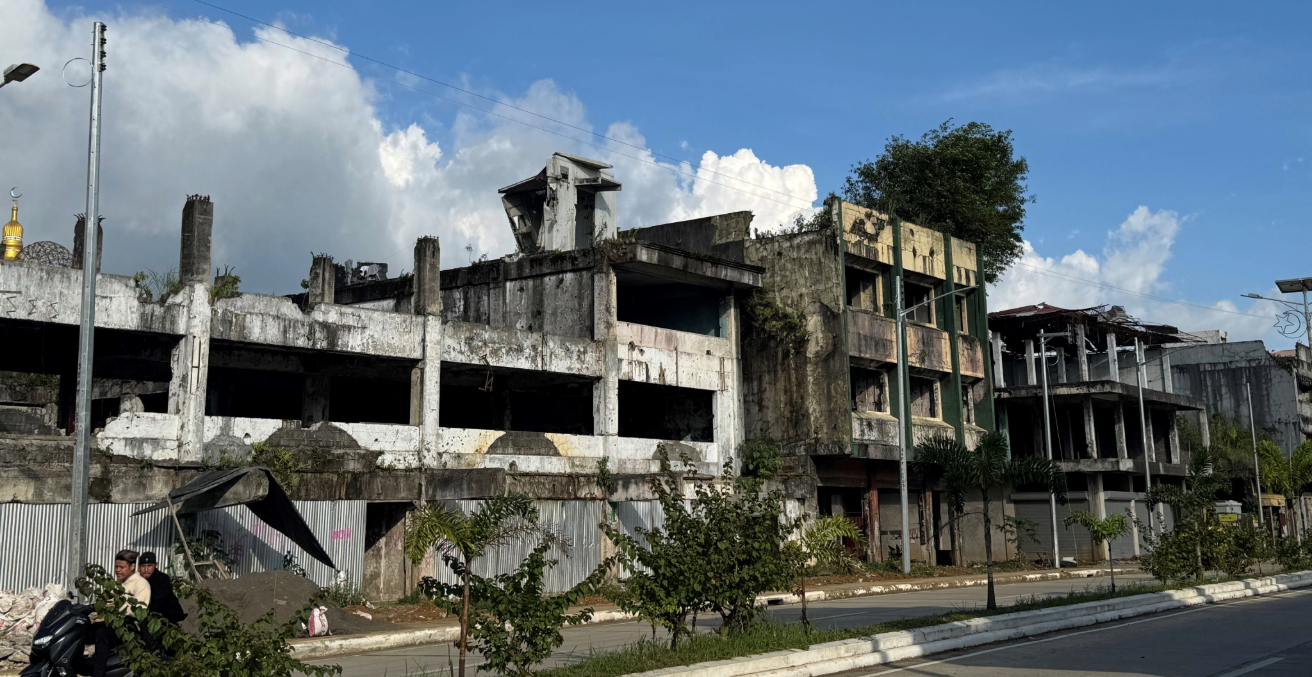The very first Gay Mardi Gras in Sydney in 1978 ended in violence and arrests. Over 40 years later, there is still a need for LGBTIQ protest and activism.
The heavy-handed response of the police was the catalyst for protests by the LGBTIQ community, which led to more arrests and further violence. The protests were, however, effective. Less than a year later, the law that the police had relied upon to arrest those participating in that first Mardi Gras, the NSW Summary Offences Act, was repealed.
The 1980s saw the LGBT community once again protesting, this time in response to the failure of governments and pharmaceutical companies around the world to acknowledge and respond to the AIDS epidemic. There are many legitimate criticisms about the way the world is now responding to the COVID-19 epidemic, but no one can deny that it has been a much faster and more effective response than what we saw in the 1980s, when the new epidemic largely targeted gay men.
Marriage equality, saw the Australian LGBTIQ community once again become a formidable protest movement. Australia was still denying same-sex couples the right to marry long after New Zealand, the UK, the USA, Canada, South Africa, Brazil, and dozens of other countries had legislated for marriage equality.
However, since Australia achieved marriage equality in 2017, some seem to think that there is no longer any need for LGBTIQ activism; that now is the time for the queer community to celebrate and enjoy the many hard-fought victories. However, there is a long way to go before discrimination against LGBTIQ people is a thing of the past.
Within Australia, students can still be expelled and teachers sacked by religious schools because of their sexual orientation or gender identity. Karen Pack, a lesbian educator, has first-hand experience of such discrimination. Her employment with the Baptist educational institution Morling College was terminated when she became engaged to her long-term partner Bronte Scott. And the college was well within its rights to sack her because religious organisations enjoy wide exemptions under Australian anti-discrimination law. Thus, while it is lawful in Australia for Karen and Bronte to marry, it is also lawful for them to be fired for doing just that.
Back in October 2018, Prime Minister Scott Morrison promised that he would ensure that the attorney general drafted legislation to remove religious exemptions within weeks. We are still waiting. And LGBTIQ students and teachers at religious schools are still living in fear of what might happen to them if they disclose their sexual orientation or gender identity. These arcane laws are entirely inconsistent with Australian values and the belief that all humans deserve to be treated equally and must be repealed.
It is time to protest when government ministers ban employees from acknowledging significant historical events. Defence Minister Peter Dutton ordered the Defence Department and serving military personnel to stop pursuing a “woke agenda” after Defence held morning teas to mark International Day Against Homophobia, Biphobia, Interphobia, and Transphobia (IDAHOBIT Day). This landmark day is held on 17 May every year, and commemorates the World Health Organization’s 1990 decision to declassify homosexuality as a disease or disorder. In over 130 countries around the world, IDAHOBIT Day is used to not only remember past wrongs, but also to raise awareness of present-day persecutions that LGBTIQ people still experience. Peter Dutton’s dismissal of IDAHOBIT Day as “woke” is not only highly offensive, but also evidence that there is still much work to be done.
There is also a need for Australians to look outwards. The marriage equality campaign was rightly a time to focus on the rights of LGBTIQ people in Australia. But Australia should not ignore the human rights violations being perpetrated against LGBTIQ people on its own doorstep. There are 17 Asia-Pacific nations where same-sex sexual conduct is still a crime, punishable by imprisonment, caning, or even death, although there is currently a moratorium on executions in the region.
It is often assumed that these laws are directed only at men, but this is not so. In 1995, Sri Lanka amended its penal laws to criminalises same-sex sexual conduct between women. And in 2018, two women in Malaysia were convicted of attempting to have lesbian sex in a car, and each publicly caned six times.
It is in Australia’s interests to promote and protect human rights in its region and to support the efforts of LGBTIQ people to live lives of equality, free from discrimination and persecution. As former UN Secretary-General Kofi Annan observed, “we will not enjoy security without development nor development without security, and we will not enjoy either without respect for human rights.” To put it even more succinctly, “Nobody’s free until everybody’s free.”
The LGBTIQ community is exhausted from many decades of fighting for equality. But while many battles have been won, the war continues. We have to continue protesting, advocating, and agitating for reforms, both in Australia and overseas. And while some may say that now is not the time, that we must focus on combatting COVID-19, now is absolutely the time, because as the UN noted, COVID-19 has “exacerbated the inequalities prevalent in all regions of the world. Lesbian, gay, bisexual, trans and gender-diverse (LGBT) persons, who are already victims of violence and discrimination on the basis of their sexual orientation or gender identity, have been severely affected by this pandemic.”
Professor Paula Gerber is a researcher in Law at Monash University, where she specialises in international human rights law, particularly as it applies to LGBTIQ people.
This article is published under a Creative Commons Licence and may be republished with attribution.




